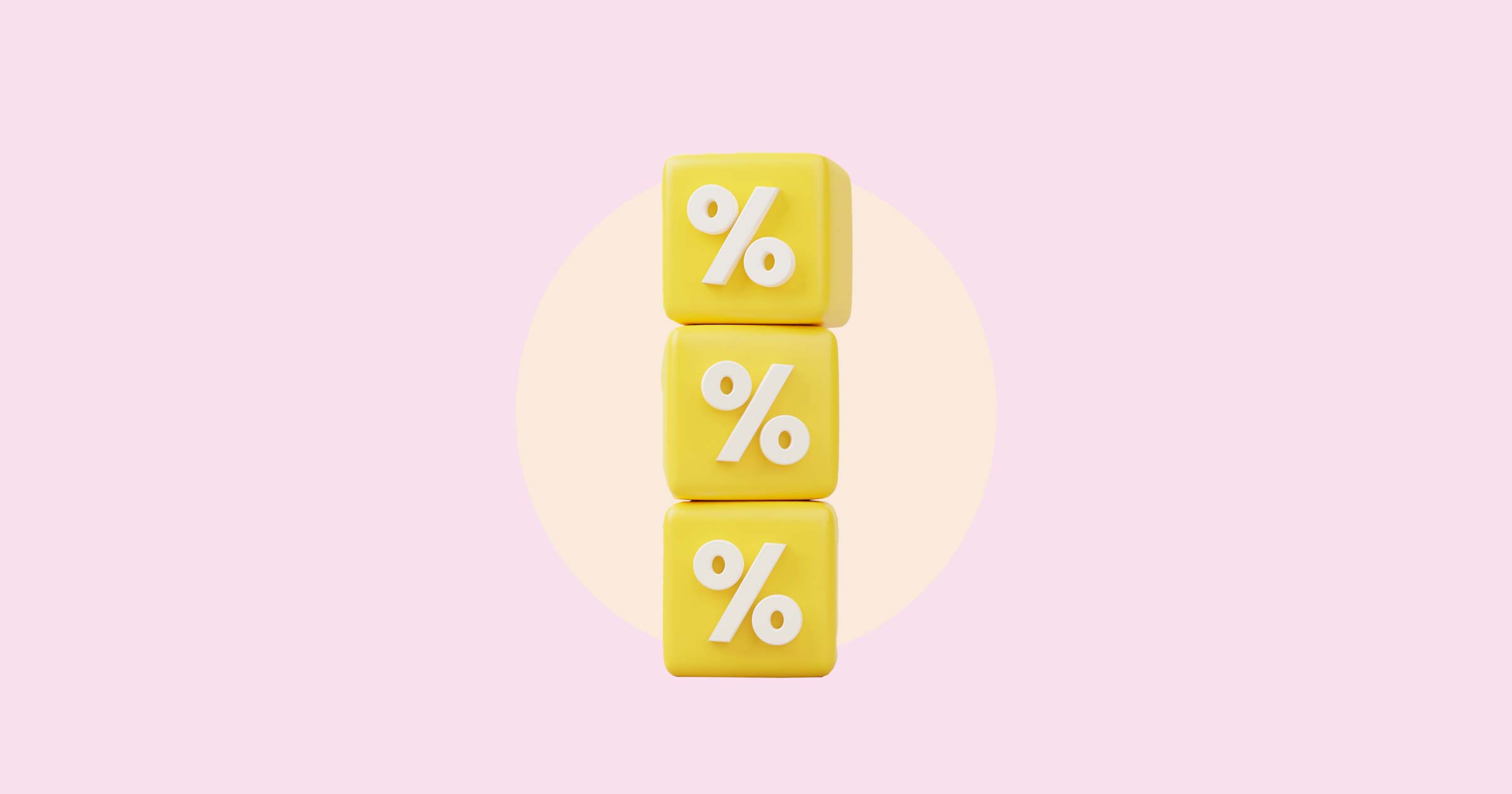What it is
The key rate is the main policy rate that is used by banks as the basis for their loan interest rates. It set by the central bank (in the Philippines, this is the Bangko Sentral ng Pilipinas or BSP).
The key rate can be adjusted according to the state of the economic conditions. This means that it can be moved upward or downward depending on what the central bank wants to accomplish.
Changes to the key rate are usually via basis points. One basis point is equal to 0.01%, so an increase of 50 basis points will cause the key rate to rise 0.50%.
What it means for you
The key rate may be used as a tool for a central bank to manage inflation. That’s because higher interest rates slow down the circulation of money through the financial system, which can help keep prices from rising too fast.
In times when the central bank wants to encourage growth, on the other hand, the key rate may be lowered. This makes borrowing money less expensive, and so companies may take out loans to fund business expansion. The flow of money then increases.

.jpg)
